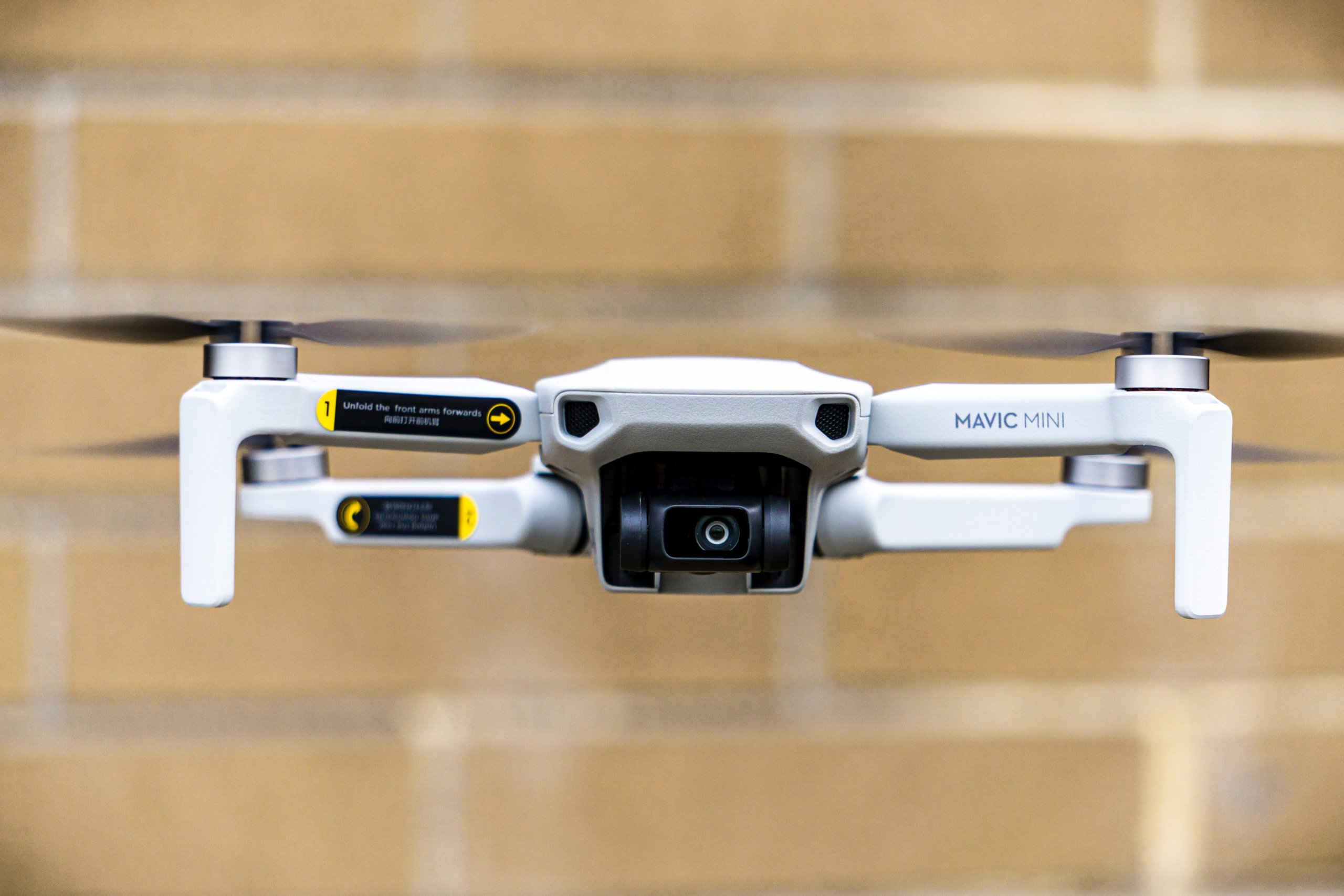 Every year, mosquito-related diseases kill several million people, according to the World Health Organization. Brazil, in particular, was hit with the Zika epidemic in 2015 and 2016. The virus manifests itself by creating birth defects in babies.
Every year, mosquito-related diseases kill several million people, according to the World Health Organization. Brazil, in particular, was hit with the Zika epidemic in 2015 and 2016. The virus manifests itself by creating birth defects in babies.
To combat this growing threat, scientists are releasing sterile mosquitoes into the environment, theorizing that, eventually, the Zika virus-carrying mosquitoes will become sterile and die out after intermingling with this new population.
Drones to the Rescue
Unfortunately, the methods surrounding the release of sterile mosquitoes have largely been time-consuming and labor-intensive. Additionally, some areas cannot be reached because of poor road conditions or flooding.
The U.N.’s International Atomic Energy Agency (IAEA) worked with the U.N.’s Food and Agriculture Organization and non-profit WeRobotics to formulate a creative solution. The result was a drone application developed with healthcare in mind. In a test, the group released almost 280,000 mosquitoes in northeastern Brazil with specially-adapted drones.
Jeremy Bouyer is an IAEA scientist. He was happy with the results: “Using the drone, to treat 20 hectares, it only took us five minutes,” he says. The test, hailed as a success by the U.N., will advance the drones to the next stage – releasing millions of sterile mosquitoes over Brazil to counteract the Zika virus. Specifically, Brazil planned to release almost a million mosquitoes per week for three months in late 2017 or early 2018, during the peak of mosquito season.
Adam Klaptocz, co-founder of WeRobotics, says “As far as I know, this is the first time that such a large amount of mosquitoes have actually been successfully released from a drone.”
“Before we had no way to release mosquitoes by air. But now, with the use of drones, this is a breakthrough as it allows mosquitoes to be released on a large scale and it reduces the cost a lot,” adds Bouyer.
Worldwide Usage
Klaptocz said the group plans to continue improving the drone, which is bought “off the shelf” and modified. The software is also getting optimized to increase the number of mosquitoes on each drone flight. He says, “We are providing the way of releasing very large amounts of mosquitoes into the environment in a scalable and efficient way.”
The scalability of the project is certainly promising; Thailand, Greece, Singapore, and Montenegro have requested trials of sterile mosquito releases also. “You can reduce the mosquito population over time and suppress the next generation of mosquitoes by up to 99 percent,” says Bouyer.
It’s undeniable that these results are awesome. Drones have provided a unique avenue of aid in emergencies before, most notably during Hurricane Harvey, which devastated Houston last August. As the technology becomes more developed and refined, expect to see a plethora of new ways that drones can help humanity out.





